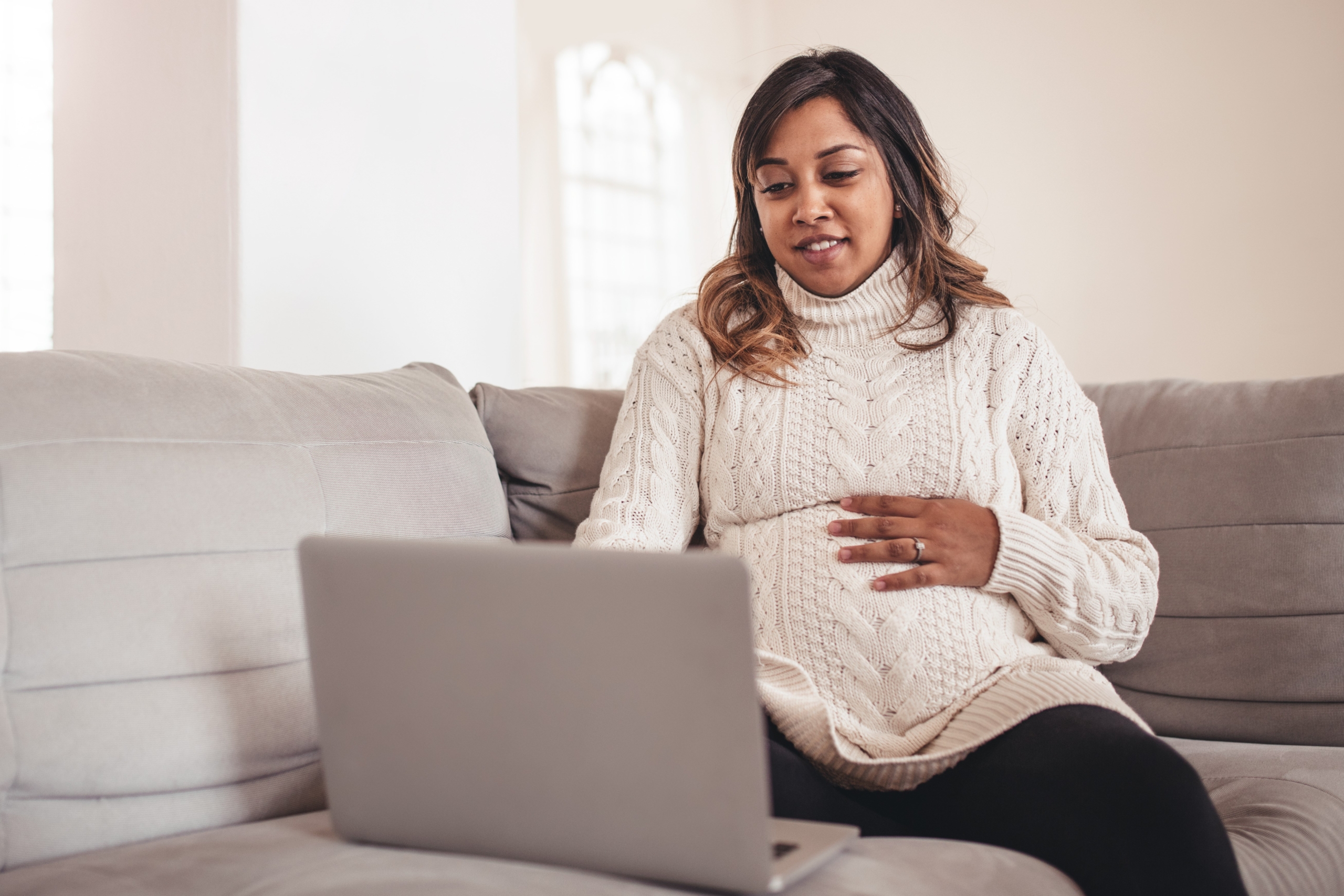Body image dissatisfaction is a risk factor for disordered eating and the perinatal period can be a particularly vulnerable time for individuals as their bodies change. Although physical changes are expected during pregnancy, over 33% of woman experience body image dissatisfaction during this time. For individuals who have previously struggled with eating disorders or disordered eating behaviors, these urges, concerns, and worries related to disordered eating may resurface. Research has shown detrimental mental and physical outcomes for mother and baby as a result of disordered eating behaviors; however, prevention efforts are limited.
The evidence suggests the need for an intervention focused specifically on pregnancy to prevent eating disorder relapse during the perinatal period. Currently, there is inadequate research around preventing eating disorder relapse during pregnancy and postpartum.
The purpose of this study is to fill this gap and determine an effective intervention to be delivered among pregnant individuals. We are currently recruiting for a study to test two programs that could help with body image and eating concerns.
If you decide to participate in the study, you will be randomly assigned to one of two groups. Both groups will take part in virtual programs that last for 6 weeks as well as surveys before the program, after the program, and during postpartum. Study participants may also be asked to complete a brief phone interview after the program to receive feedback. We’re not sure which program will work better, so we want to compare them. This project will address a critical public health need for relapse prevention efforts and interventions that address the increased risk of disordered eating symptoms and body dissatisfaction for this high-risk population.
Eligibility: This study is recruiting individuals who are of 18 years of age or older, in the first or second trimester of pregnancy, and have a history of an eating disorder or disordered eating behaviors.
To participate, individuals must be willing to complete brief phone interviews, complete online questionnaires, and attend 6 virtual online sessions (about 1- hour long each).
Time commitment: Participants will complete a screening call and surveys at the time of enrollment, attend six, 1-hour weekly virtual online sessions during pregnancy, complete a surveys after the program, and surveys at 3 months postpartum and 6 months postpartum.
Compensation: Up to $250 for participating in the study.
For information, you can contact Caroline at [email protected] or call (617) 643-5154. You can also read more about this study HERE.
THRIVE team members: Rachel Vanderkruik, PhD, MSc; Caroline Frisch, BA; Emily Woodworth, BA
References
Baskin, R., D. Meyer, and R. Galligan, Predicting the change in perinatal disordered eating symptoms: An examination of psychosocial factors. Body Image, 2021. 37: p. 162-171.
Easter, A., et al., Antenatal and postnatal psychopathology among women with current and past eating disorders: longitudinal patterns. Eur Eat Disord Rev, 2015. 23(1): p. 19-27.
Roomruangwong, C., et al., High incidence of body image dissatisfaction in pregnancy and the postnatal period: Associations with depression, anxiety, body mass index and weight gain during pregnancy. Sex Reprod Healthc, 2017. 13: p. 103-109.
Stice, E., Risk and maintenance factors for eating pathology: a meta-analytic review. Psychol Bull, 2002. 128(5): p. 825-48.
Related Posts
Publisher: Source link






